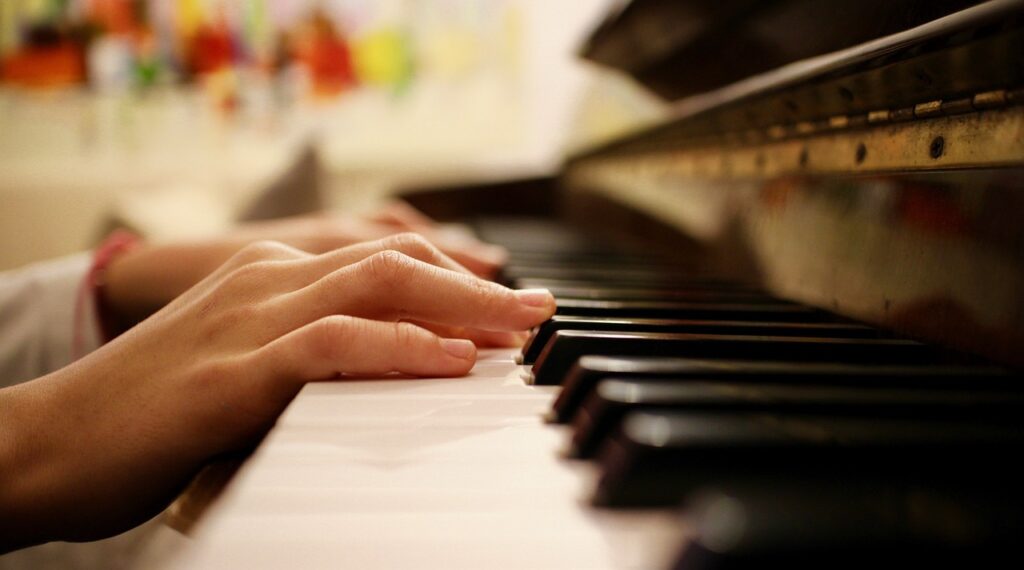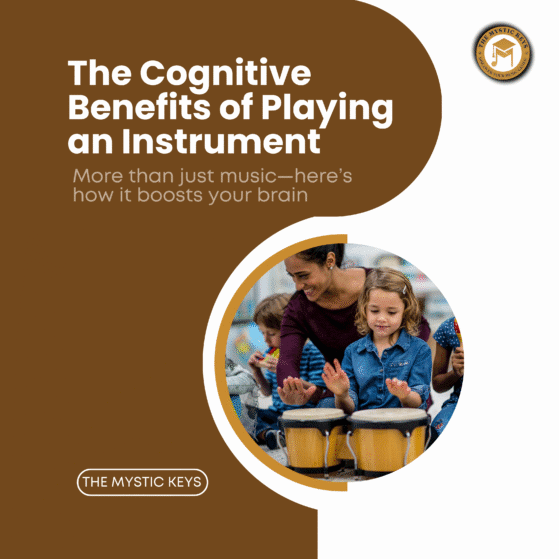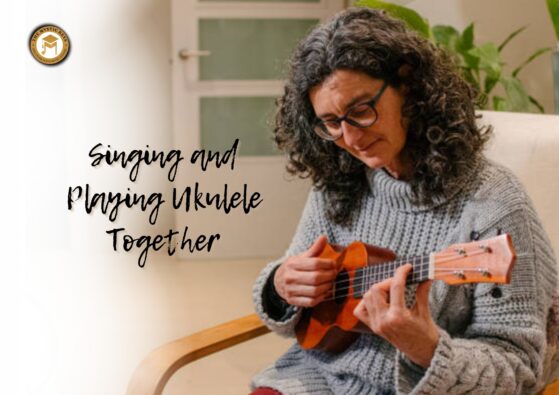
Keyboard Selection Simplified: A Beginner’s Guide
Ready to dive into Keyboard playing? From classical tunes to modern beats, keyboards offer endless musical expression. But with countless options, choosing the right one as a beginner can be daunting. Fear not! Let’s simplify the keyboard selection process and find your perfect musical companion to kickstart your journey.
Purpose and Goals
Before delving into technical details, consider your musical aspirations. Do you aim to master classical piano, delve into electronic music, or simply seek a versatile instrument for casual play? Your goals shape the ideal keyboard selection.
- Acoustic Piano Feel: If your aim is to master the piano and eventually transition to an acoustic instrument, consider a keyboard with weighted keys and touch sensitivity. These keyboards mimic the feel of a traditional piano, aiding in technique development.
- Versatility: For those interested in exploring various genres and experimenting with different sounds, an electronic keyboard with a wide range of tones, effects, and built-in rhythms might be ideal.
- Portability: If you plan to travel frequently or have limited space, a compact and lightweight keyboard offers convenience without sacrificing functionality.

Key Features to Look For Keyboard Selection
Once you’ve identified your goals, it’s time to delve into the features that matter most for beginners:
- Number of Keys: Keyboards typically come in 61, 76, or 88 keys. While a full-sized 88-key keyboard offers the complete piano experience, beginners often start with a 61 or 76-key model for affordability and space considerations.
- Touch Sensitivity: This feature allows the keyboard to respond to the intensity of your playing, producing louder or softer sounds accordingly. Most keyboards offer adjustable touch sensitivity settings to accommodate different playing styles.
- Sound Quality: Pay attention to the quality of built-in sounds and samples. Look for keyboards with realistic piano tones as well as a variety of other instrument sounds to keep your playing experience dynamic and engaging.
- Built-in Learning Tools: Many keyboards come equipped with educational features such as lessons, tutorials, and interactive exercises to help beginners develop their skills. These tools can be invaluable for self-guided learning.
- Connectivity: Consider whether the keyboard offers connectivity options such as USB, MIDI, and audio inputs/outputs. These features enable you to connect your keyboard to a computer, external speakers, headphones, or other devices for recording, playback, and performance.
Budget Considerations : A Key Factor in Keyboard Selection
As with any purchase, budget plays a significant role in your decision-making process. Fortunately, there are Keyboards available at various price points to suit different financial constraints. While it’s tempting to opt for the cheapest option, keep in mind that investing in a quality instrument can enhance your learning experience and longevity in the long run.
Try Before You Buy- Simplifying Keyboard Selection
Lastly, whenever possible, try out different keyboards before making a purchase. Visit music stores, attend demonstrations, and test-drive various models to get a feel for their sound, touch, and features. What feels right for one person may not necessarily be the best fit for another, so trust your instincts and choose the keyboard that resonates with you.

Conclusion
In conclusion, choosing the right keyboard as a beginner is about more than just finding the perfect instrument—it’s about embracing your passion and dedication. Prioritize your goals, essential features, and budget, always keeping Keyboard selection in mind. Let your love for music guide you as you embark on this journey toward mastery
For more information and exciting resources about learning music, visit our website at The Mystic Keys. For more music content and exciting offers follow us on
Facebook, Instagram, YouTube, LinkedIn, Twitter, Pinterest, Reddit, Threads, and







